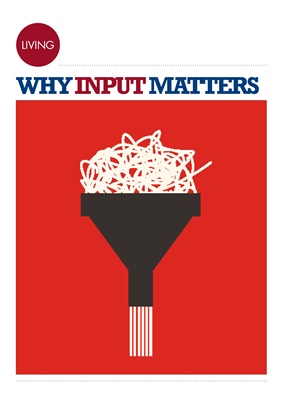
LIVINGLIVING
We talk to a deputy procurement director in the NHS about insulin
pump and sensor funding in terms of short-term benefits Vs long-term
goals in diabetes care. By Sue Marshall
WHY INPUT MATTERS
W
ayne Sexton
has Type 1
diabetes and
is on an insulin
pump. He's also
a deputy director of Procurement at a
large hospital Trust which is a centre
of excellence for pumps, although he
attends a diabetes clinic in another Trust
for his own healthcare. He's one of many
people with diabetes who work in the
NHS, but as he works in procurement,
we thought we'd quiz him about what
he thinks the NHS should be doing and
what can be done to improve access to
advanced technology for the treatment of
diabetes. Here he is speaking for himself,
not on behalf of the Trust he works for.
What's it like working in
Procurement for the NHS?
The NHS is big and unwieldy and it's
complex. People have an idea that it's
the commissioners who decide who has
what equipment - things like pumps and
sensors. But procurement as a function
within the NHS is to ensure that taxpayers money
is well spent and that what
the trust is doing is compliant in legal
terms. Procurement does not say what is
or is not available, or if a person is or is not
suitable for something like pump therapy,
it's the Clinical Team that decides.
People also assume that because I
have diabetes and I work in procurement
that I can order what I like for myself. That's